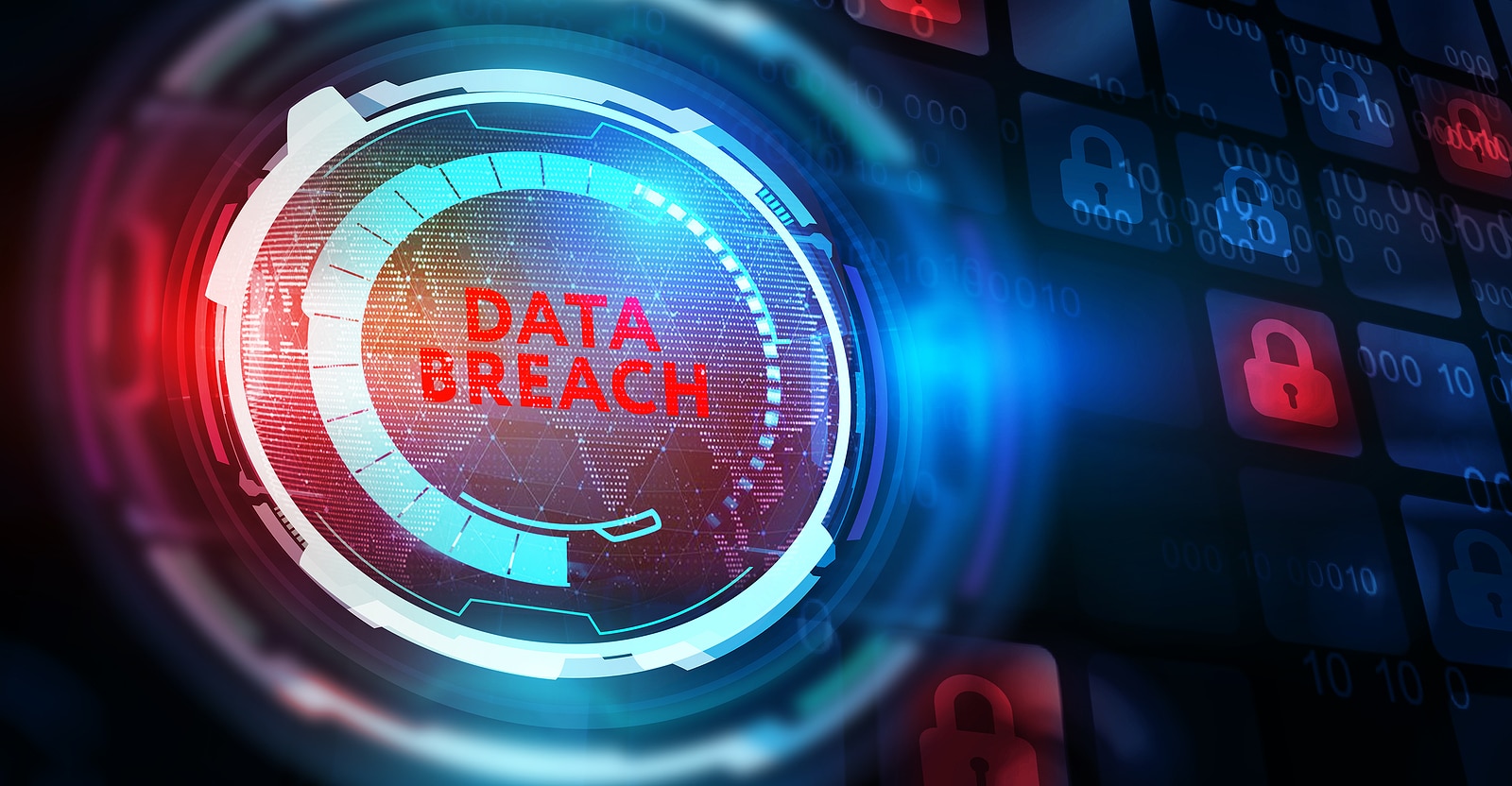The Significance of Effective Information Destruction Practices in Safeguarding Sensitive Details and Ensuring Computer System Safety And Security
In an era where information violations are progressively common, the relevance of efficient data damage methods can not be overemphasized. Implementing robust information damage methods not just reduces these risks but likewise straightens with legal compliance requirements, ensuring that organizations support their track record and foster client depend on.
Understanding Data Destruction
Comprehending information devastation is important in today's digital landscape, where sensitive information can quickly be endangered. Effective information destruction involves not simply guaranteeing but erasing files that data is irretrievable with comprehensive techniques. This process is crucial for companies that deal with personal customer details, intellectual building, or inner files, as any kind of breach can cause severe monetary and reputational repercussions.
Data devastation includes numerous techniques, consisting of shredding physical media, degaussing magnetic storage gadgets, and using software-based solutions that overwrite data numerous times. Each technique serves a particular objective and must straighten with the sensitivity of the details being gotten rid of. For instance, physical destruction is often liked for tough drives having extremely private data, while software techniques might suffice for less sensitive info.
Furthermore, adhering to market standards and regulations, such as the General Data Defense Regulation (GDPR) or the Health Insurance Policy Portability and Responsibility Act (HIPAA), is vital for compliance and to reduce lawful risks. Organizations needs to create a robust data destruction plan, train workers on ideal practices, and regularly investigate their procedures to make sure that all delicate information is disposed of firmly and efficiently.
Risks of Inadequate Practices
Poor information destruction practices expose organizations to considerable dangers that can have far-ranging repercussions. When delicate info is not effectively thrown away, it remains vulnerable to unapproved gain access to, which can bring about data violations and identification burglary. Such cases not only jeopardize the safety and security of people yet also stain the organization's reputation, resulting in a loss of client depend on and possible financial repercussions.
Additionally, governing conformity is significantly rigid in many markets. Failure to abide by data devastation laws can cause significant penalties and legal activities against organizations. These charges can strain funds and divert focus from core business operations.
Furthermore, the abuse of recurring information can result in intellectual residential property burglary or business espionage, jeopardizing affordable benefits (data destruction). The influence of poor data devastation prolongs beyond instant financial losses; it can additionally lead to lasting damage to brand integrity and market placement

Organizations need to acknowledge that information security is not entirely about protecting against violations; it also encompasses the liable monitoring of data throughout its lifecycle. Neglecting efficient data damage procedures can have disastrous ramifications, underscoring the necessity for robust actions to mitigate these dangers.
Ideal Practices for Data Devastation
Executing effective data damage techniques is important for guarding delicate info and preserving compliance with regulative standards. Organizations needs to embrace a multi-faceted approach to make certain that data is irretrievable, thereby stopping unapproved gain access to and potential breaches.
First, information ought to be categorized based on sensitivity, allowing organizations to use ideal devastation approaches customized to the level of risk. For digital information, using software-based data-wiping devices that conform with sector requirements can successfully overwrite existing information. Physical devastation approaches, visit site such as shredding or degaussing, are critical for devices that store sensitive information, ensuring total obliteration.
Developing a clear data retention policy is important, outlining for how long different sorts of details need to be kept before destruction. Regular audits of information storage systems are also needed to recognize unneeded or outdated information needing removal.
Furthermore, training employees on the relevance of information devastation and the specific methods to comply with fosters a culture of safety within the company. Ultimately, maintaining paperwork of information damage refines provides liability and sustains conformity with exterior guidelines and internal plans. By sticking to these ideal methods, companies can considerably mitigate the threats linked with information exposure.
Legal and Compliance Factors To Consider

Failure to adhere to these regulations can cause extreme fines, including substantial penalties and reputational damages. Organizations must apply a robust information damage plan that lines up imp source with these lawful frameworks and provides clear standards on the correct techniques of information disposal, whether physical shredding or electronic cleaning.
Moreover, keeping documentation of data devastation activities is crucial for demonstrating conformity during audits or inspections. By focusing on lawful and conformity factors to consider, companies can improve their data security posture and foster count on with stakeholders and customers, inevitably adding to an extra protected data management setting.
Advantages of Effective Information Destruction
Reliable information destruction practices extend beyond plain compliance; they supply significant benefits to companies that prioritize them. By making certain that sensitive details is irretrievably destroyed, companies reduce the danger of data breaches and the possible economic consequences connected with them. This aggressive approach not just safeguards versus unapproved gain access to but likewise enhances the total reliability of the organization in the eyes of customers and stakeholders.
Executing robust information devastation approaches, such as physical devastation of storage devices or innovative information cleaning methods, adds to the useful reference strengthening of a company's cybersecurity posture. data destruction. It lowers the likelihood of copyright burglary and safeguards exclusive info, thus maintaining an affordable side in the marketplace

Conclusion
In verdict, efficient information devastation techniques are vital for securing sensitive info and boosting total computer system safety. By executing thorough techniques such as software, shredding, and degaussing overwriting, companies can minimize the dangers related to unapproved gain access to and data violations. Adherence to regulatory standards, consisting of GDPR and HIPAA, additional strengthens compliance and secures against legal consequences. Inevitably, a dedication to robust data destruction approaches cultivates a culture of responsibility, consequently strengthening a company's cybersecurity position and keeping customer trust fund.
